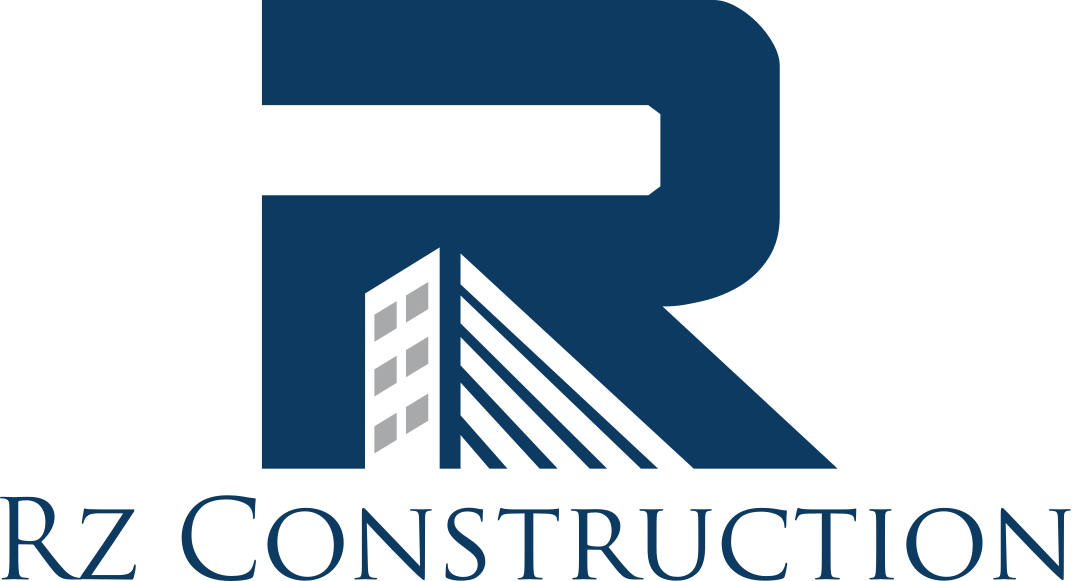What you build your new home from is a really important decision to make, and if you’ve narrowed it down to brick or concrete, the following guide should help you make the right choice between the two:
What do bricks and concrete have in common?
While the two materials certainly don’t look alike, they do have a number of characteristics in common:
- Fire resistant
- Robust
- Insect-proof
- Resistant to weather
- Heavy
- Retain heat
Whichever material you choose, you’ll be able to take advantage of all of the above benefits, and enjoy a home or business that will last for many decades to come.
Let’s look at the insulating properties of both materials, along with why the insulation value of a material is so important when it comes to building construction:
Brick and concrete – insulation value
All materials have an insulation value, and this gives you an idea of how well each one is able to retain heat. Below are some of the benefits of constructing your home from materials with a high insulation value:
- Keep utility costs down
Heating your home during the winter can get expensive, but if you have your home built from a material such as brick or concrete that has a high insulation value, you’ll find that you need to run your HVAC significantly less, and your monthly heating bills should go down as aresult.
- The building will last longer
You might not realise it, but the climate can speed up the process of deterioration for some buildings. With a home or business constructed from a material with a high insulation value, however, less deterioration due to heat will occur.
- Storage protection
If you want to store items that are sensitive to temperature inside your home or business, insulation value can play a significant role in how you safely store them.
How strong is brick and concrete?
Generally speaking, when performing a direct comparison, concrete blocks are typically stronger than the average clay bricks, but because that strength can vary in concrete, clay bricks tend to be more popular. Reliable, construction contractors understand exactly what they’re working with when it comes to clay bricks, making them a more dependable choice in terms of strength, than concrete.
That said, it’s difficult to make an accurate comparison between the two materials as they usually differ in size and vary in weight. What can often make the biggest difference in strength, is the type and thickness of mortar used in the construction. The quality of the building work can also have an impact on the strength and durability of a concrete or brick structure, along with weather exposure, what the building is used for and how heavy the roof is etc.
The versatility of brick compared to concrete
Bricks are such a popular building material as buying new ones that match exactly to make repairs with, is simple, and thanks to its versatility, you can build something unique or to match specific requirements, with ease.
While it is possible to have concrete blocks custom made, due to their size and weight, they’re generally not quite as versatile as bricks.
Concrete and brick are great choices when it comes to construction, but one may suit your particular needs or allay your concerns, better than the other. To make the right decision as to what material your new building should be constructed from, be sure to talk over your options with a general contractor, and think carefully about any specific requirements you may have in relation to the building’s use.
